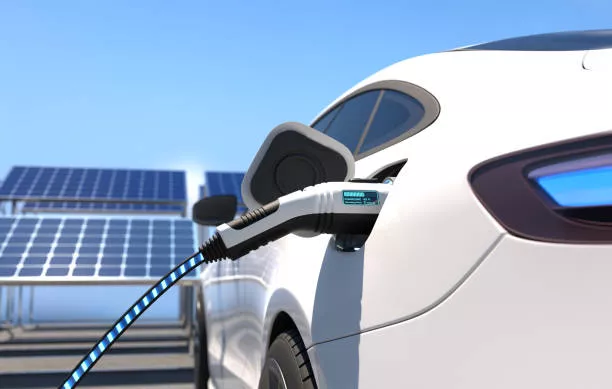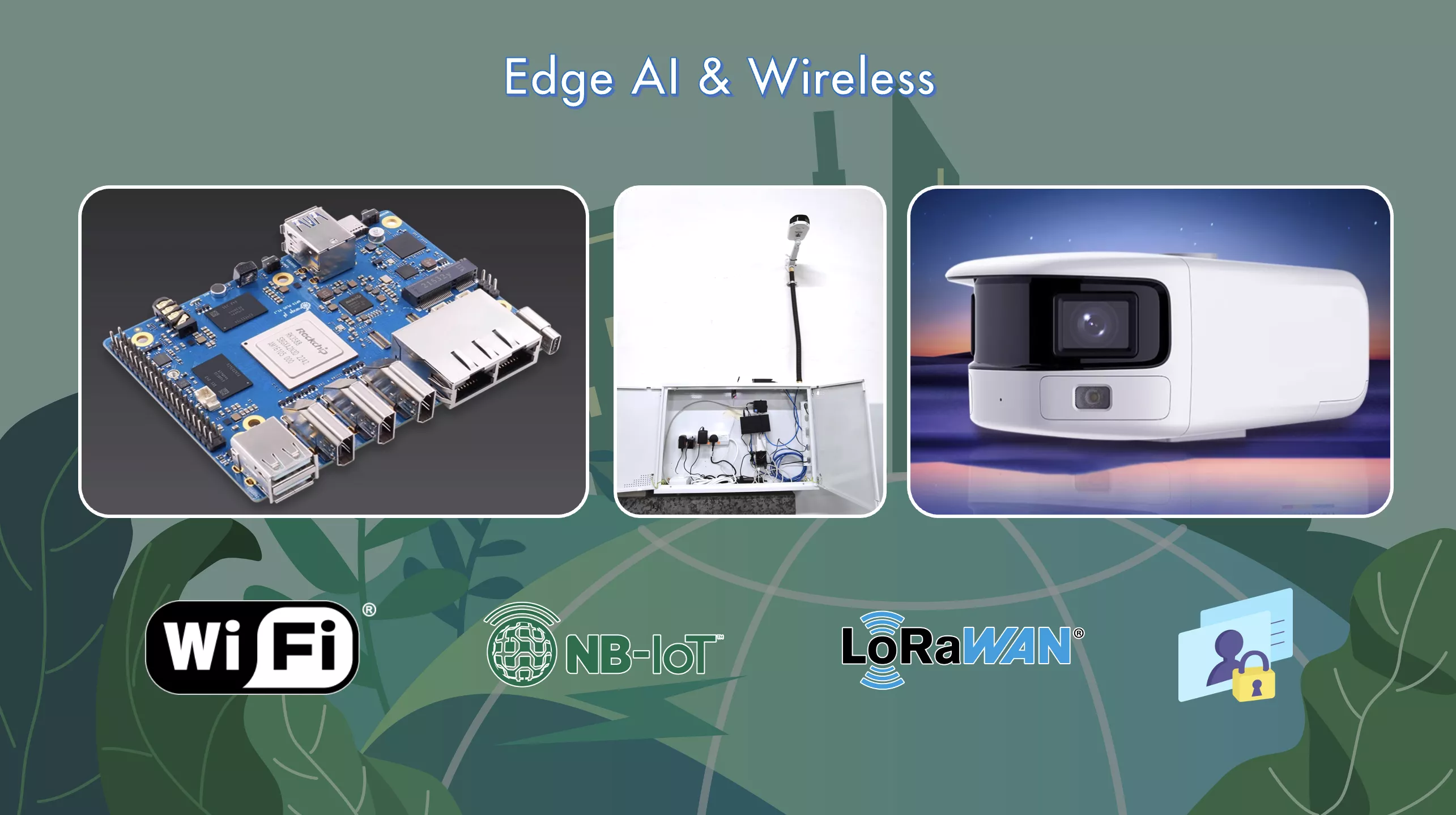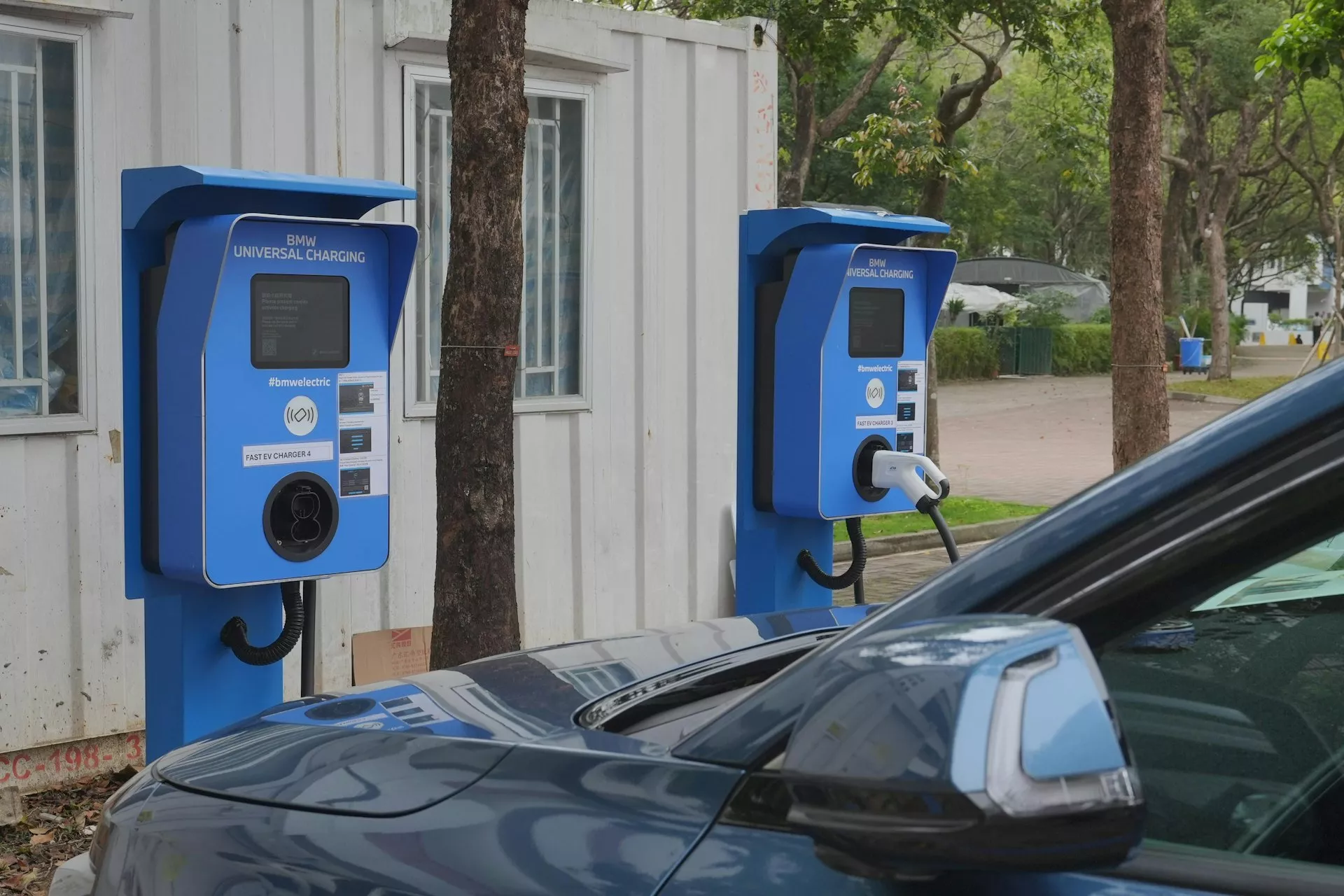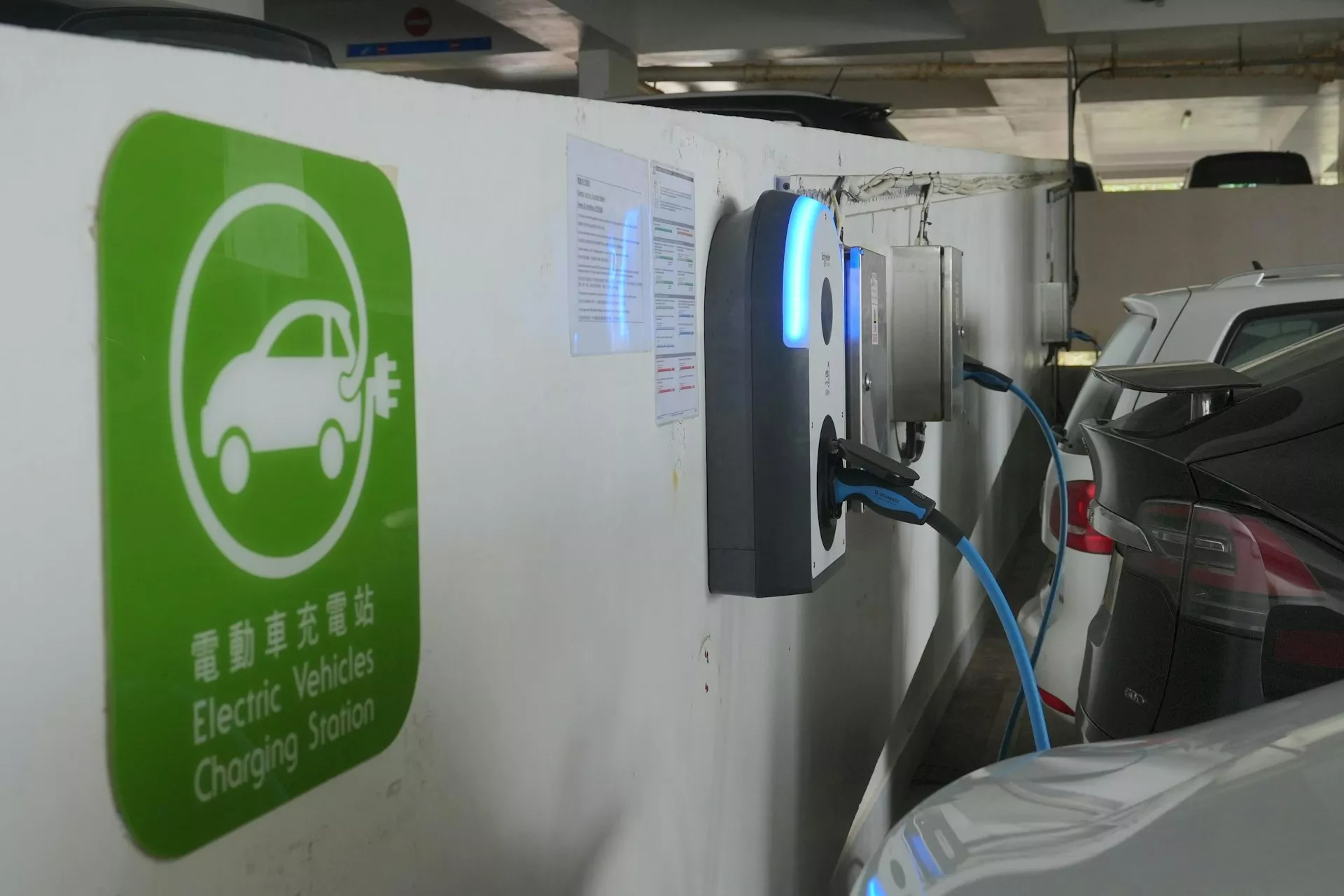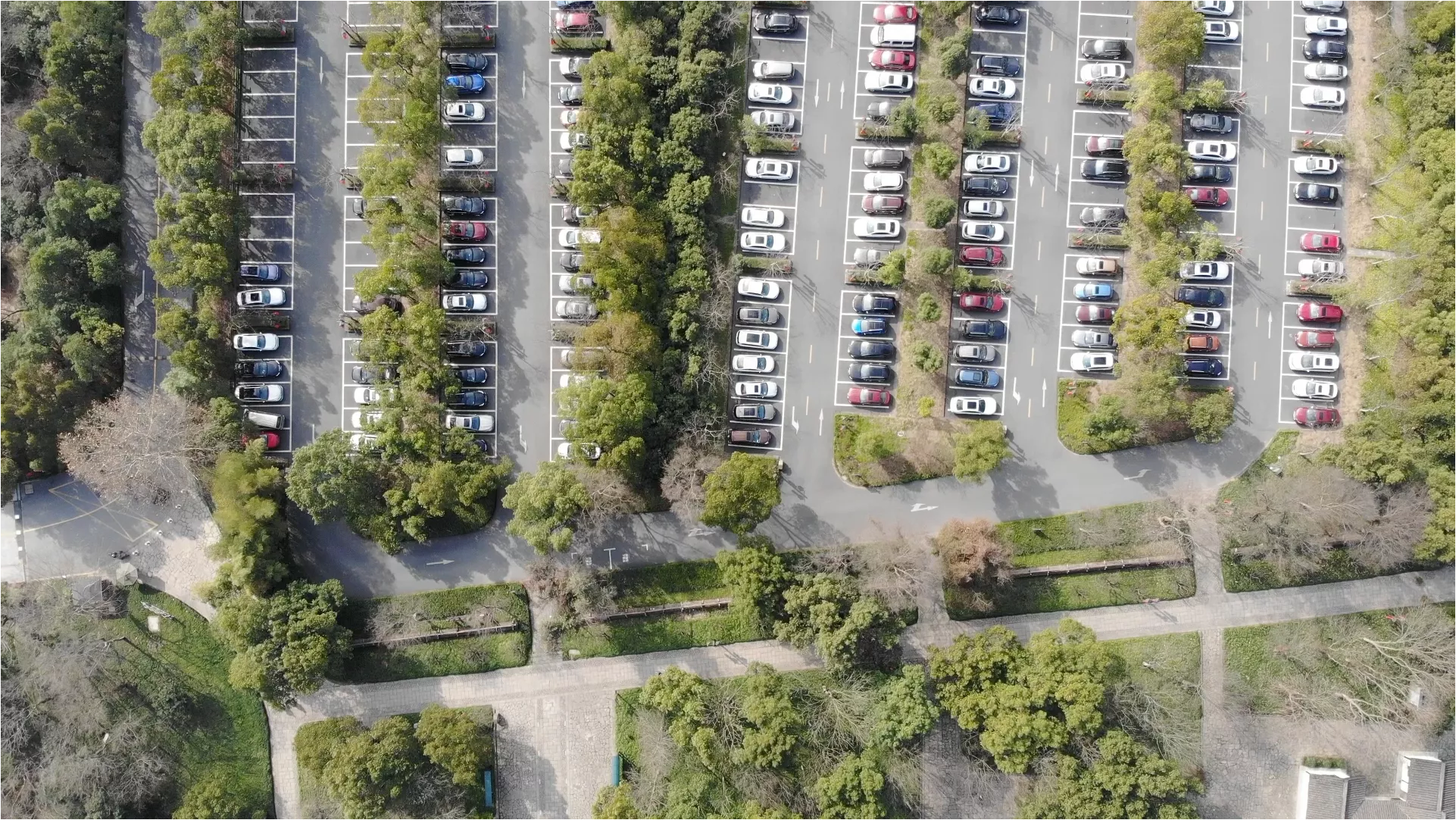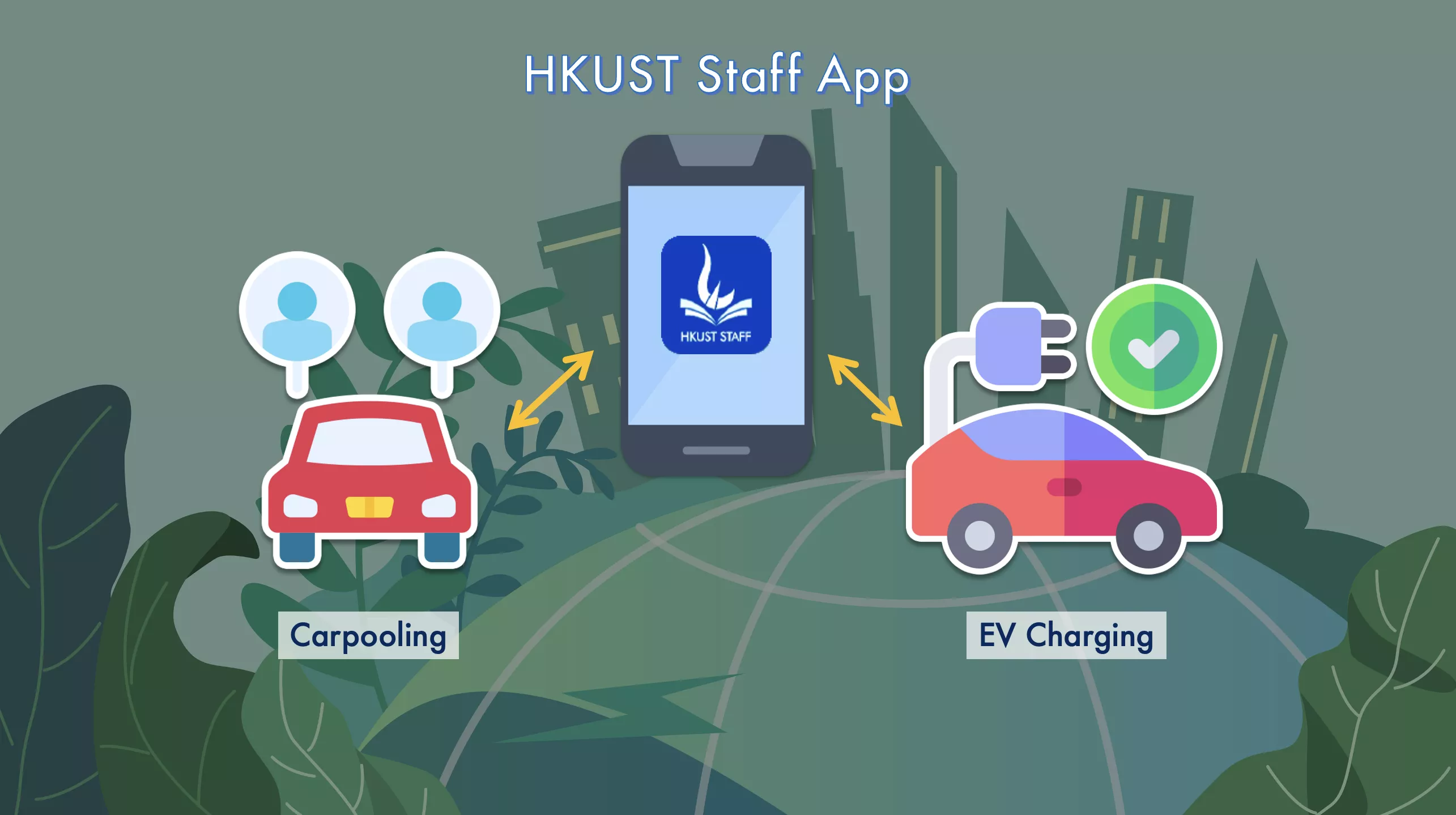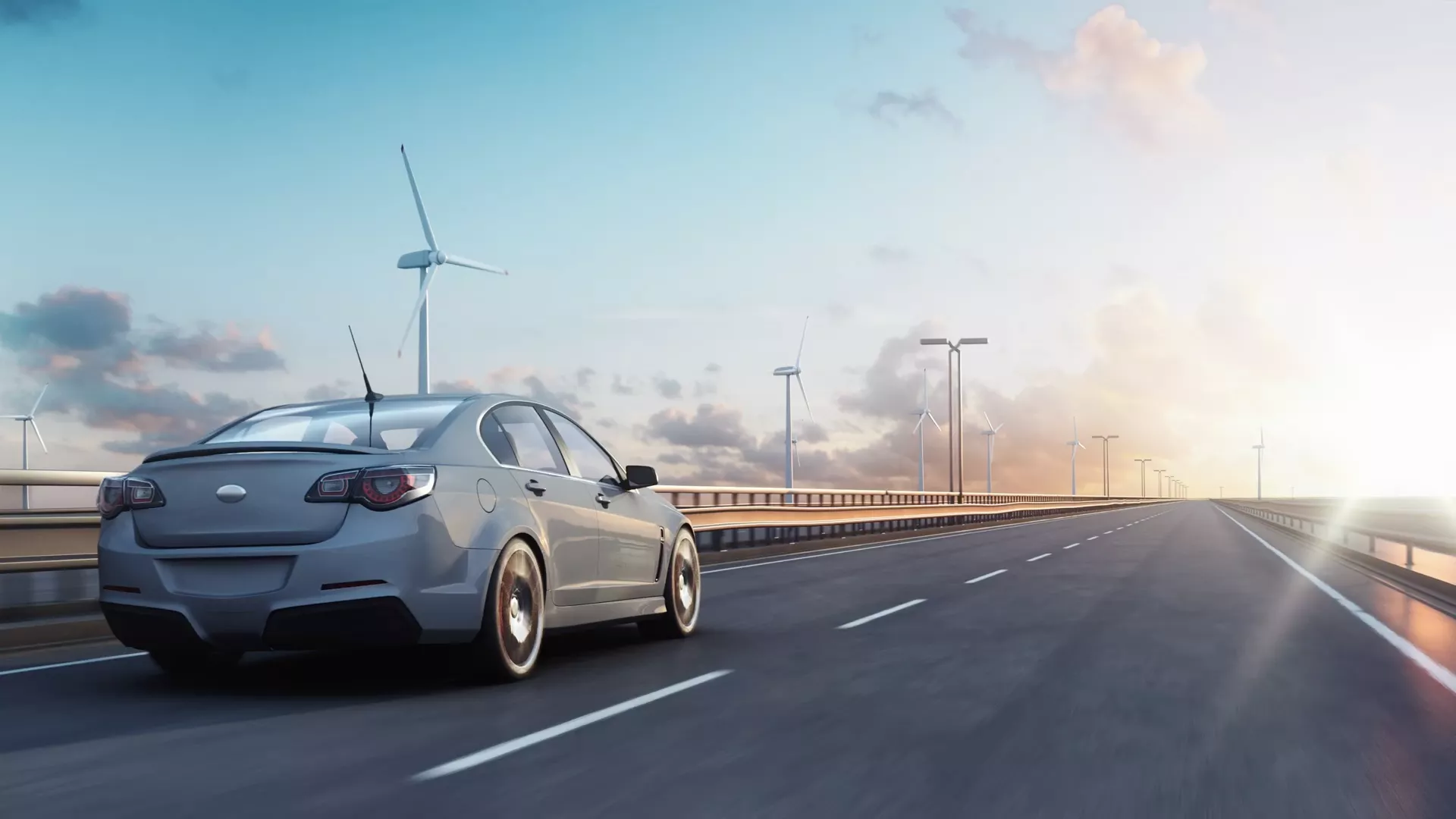Green Parking with Edge AI Camera for Carpoolers and Electric Vehicle Drivers
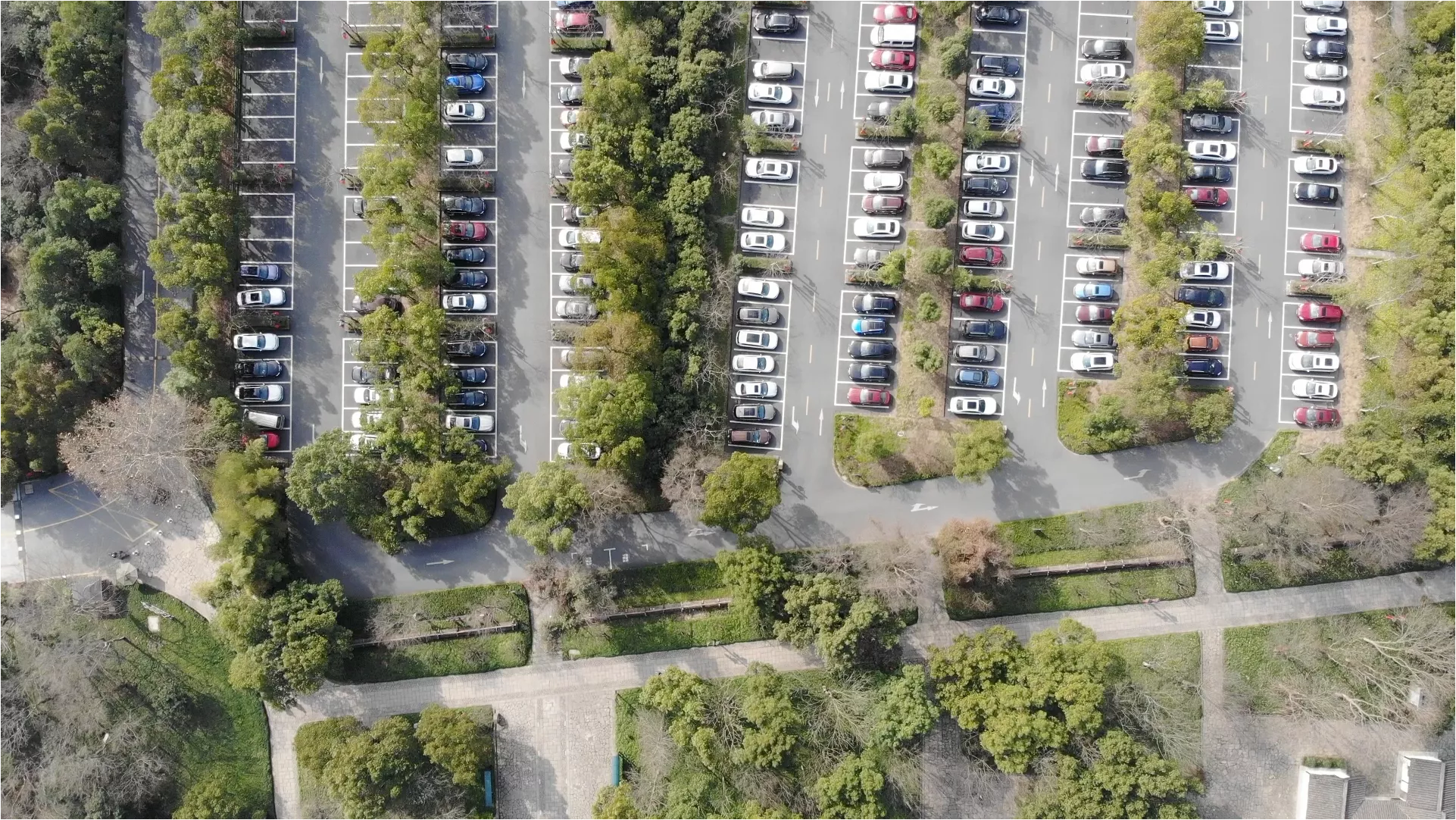
Green Parking with Edge AI Camera for Carpoolers and Electric Vehicle Drivers
|
This project is to design a sustainable, smart and cost-effective parking system to incentivize carpooling and improve the utilization of EV charging stations in the campus. The core of the enabling technology is an edge AI camera we have designed for license plate recognition (LPR) and vacancy detection. The first of its kind in the market, this novel AIoT (AI + IoT) project is a collaboration with Campus Management Office (CMO) and Information Systems Office (ISO), two leading university units for carpark management and software system development, respectively. The system will be fully integrated into our existing “HKUST Staff” mobile app for the university staff to enjoy at the end of the project period. |
What is the problem this project is trying to address?
Carpooling: The campus is currently facing a severe shortage of parking spaces and the situation is expected to become more acute as the university expands in its staffing in the near future. In this project, we encourage faculties and staffs to carpool, where some priority parking slots will be reserved for carpool drivers, as well as having the right to park at these slots when entering the campus.
Electric vehicle (EV): As more drivers are adopting electric cars, efficient sharing of the limited number of charging stations becomes critical. There are two types of charging stations in the campus: fast charging stations and medium charging stations. For the fast-charging stations, we will collaborate with ISO and CMO to develop a reservation system integrated into the existing HKUST Staff app to facilitate the fast EV changer sharing (only the car reserved for the time may take the charging station). For the many medium-charging stations, we will have an open system where the staff app provides real-time information to drivers about which stations are currently vacant/available for charging.
How does this project support our sustainable smart campus as a living lab vision?
|
This project directly contributes to campus sustainability by promoting carpooling, thereby reducing the number of vehicles on campus. Fewer vehicles mean less traffic congestion, lower carbon emissions, and reduced demand for parking space. Additionally, efficiently managing charging stations for electric vehicles supports the transition to cleaner, renewable energy sources, further lowering the campus's carbon footprint. This approach not only creates a sustainable environment but also fosters a community mindset geared towards eco-friendly practices. |
What's next?
|
After the initial deployment and integration testing, the project will focus on continuous improvement and user-driven enhancements. The team will monitor system performance, gather feedback, and address any identified issues or optimization opportunities. This iterative approach ensures an efficient, user-friendly parking system that aligns with evolving campus needs. The project will also explore expansion possibilities, such as integrating with other campus systems and forming partnerships with external stakeholders. The project will contribute to the sustainable and smart campus vision by embracing ongoing innovation, enhancing the parking experience, and promoting eco-friendly practices. |

